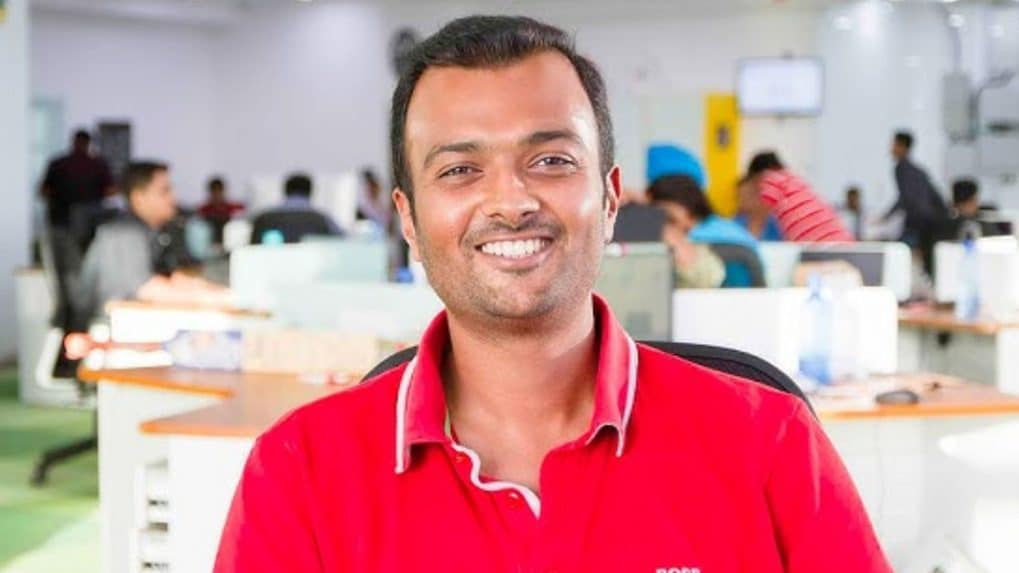How it Works
WPP, Havas, Omnicom: Are advertising’s biggest holdcos recasting agencies as AI Operating Systems?

The Indian government’s swift move to shut down the real money gaming (RMG) industry has left the sector in shock, with Dream11 Co-founder Harsh Jain confirming that no meeting took place with Home Minister Amit Shah over the contentious legislation.
Within 96 hours, the Promotion and Regulation of Online Gaming Bill, 2025 was tabled, debated, and passed in Parliament, culminating in presidential assent by Droupadi Murmu. The development forced an immediate shutdown of services by leading gaming firms including Dream11, MPL, Gameskraft, Games24x7, A23, Zupee, PokerBaazi, and WinZO. Collectively, the industry had built a user base of hundreds of millions, generated over two lakh jobs, and attracted ₹25,000 crore in FDI.
Reflecting on the rapid chain of events and failure of policy and advocacy teams to sense the government's move, Jain admitted that the industry was blindsided, "The entire industry was caught off guard. We first heard about the bill in the news on a Tuesday. By Wednesday, it was tabled in Lok Sabha, Thursday in Rajya Sabha, and by Friday the President had signed it into law. It was a complete shock."
Jain said, "In hindsight, the industry failed to strongly self-regulate years ago. Multiple self-regulatory bodies were proposed, but we never united under one. A few of us signed a code of ethics six months ago, but we should have done much more earlier to protect consumers and keep bad operators out."
In a joint representation (a copy of which is with Storyboard18), the All India Gaming Federation (AIGF), E-Gaming Federation (EGF), and Federation of Indian Fantasy Sports (FIFS) said the industry has become a key contributor to India’s digital economy, with an enterprise valuation of over ₹2 lakh crore, revenues of ₹31,000 crore, and annual tax contributions exceeding ₹20,000 crore. The sector, which employs more than two lakh people, is projected to grow at 20% CAGR and double its size by 2028.
The associations cautioned that if the Bill is passed in its current form, it would “strike a death knell” for legitimate Indian operators, forcing crores of players onto offshore gambling sites and illegal matka networks. “Instead of protecting people, this Bill risks exposing them to fraud, exploitation, and unsafe practices,” the letter stated, calling offshore operators “one of the biggest national security threats to the country today.”
On being asked if he had met Home Minister Amit Shah to discuss the issues related to the Bill, Jain said, "Not me. I can’t speak for everyone, but as far as I know, no meeting has happened."
Responding to the question if the ban on real money gaming companies was completely politically motivated by looking at the speed the Bill was passed in both the houses and receieved presidential assent to which Jain said, "I don’t think this is personal. This is business, and the government has to make decisions for the country. India is a democracy, and lawmakers decide what’s best. As a businessman, I want to protect my company and industry, but we’ve always been law-abiding.
When our business model was constitutionally protected, we ran it. Now that the law has changed, we’ve complied immediately — even before the ban was formally signed. And I can say clearly: Dream11 will not challenge this law in court. Jain added.
From purpose-driven work and narrative-rich brand films to AI-enabled ideas and creator-led collaborations, the awards reflect the full spectrum of modern creativity.
Read MorePraveen Someshwar, Managing Director and CEO of Diageo India, joins the Grand Jury of the Storyboard18 Awards for Creativity, highlighting the awards’ focus on work that blends cultural relevance with strategic and commercial impact.